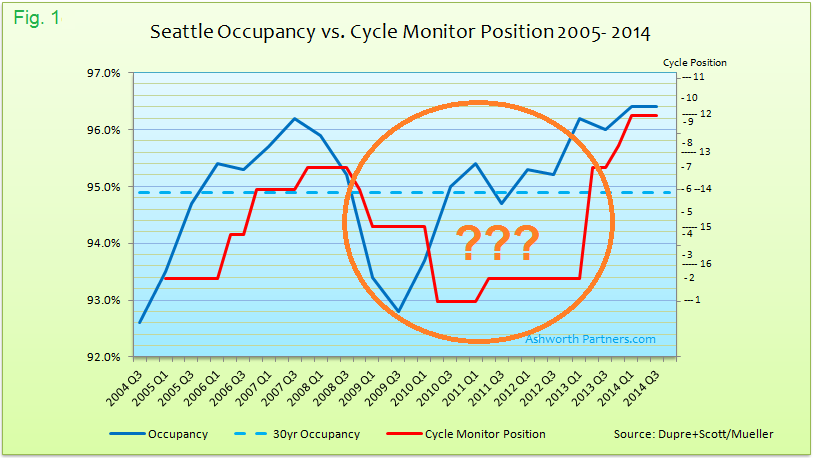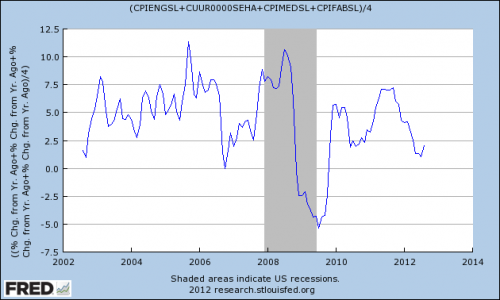Mainstream economic theory (MsET) has two fundamental tenets that most thoughtful people (even economists) realize are wrong and yet economic decisions and importantly even Fed policy is still based on this flawed model. We know what Einstein said this defines and it’s true.
Problem #1 is the Efficient Market Theory (EMT) or Theory of Rational Expectations says that economic information is widely distributed and that we as individuals and collectively as a market of decision makers and consumers consistently make our choices based on what will give us the most benefit. This has been scientifically proven to be not the case way more often than we like to think. For more on this see “Predictably Irrational” by Dan Ariely and “Thinking, Fast and Slow” by Kahneman in the ‘On Our eReaders Now’ box in the far right column of this page.
The second problem is that MsET is built on the idea that the economy tends to be stable and that dislocations are temporary and tend to correct themselves back to stability somewhat like a train running down the tracks that gets thrown off from time to time. History teaches us that is not the case either. Most often we are moving away from or back towards stability and occasionally pass through stability but typically overshoot. It doesn’t take much imagination to see how these two errors cause problems for economists (and us) and leads to a dismal reputation for them.
I’ve been reading a lot on economics lately searching for a new improved model and have just found a number of articles that tackle those issues. They are lengthy but well worth the reads. The first two were posted by John Mauldin in his ‘Outside The Box’ (OTB) series where others write about and discuss their sometimes opposing views from John’s. Mauldin will begin each piece with an intro about the author and where he might differ from that point of view. His guests are typically people who deal at the highest levels and their insights are Continue reading Economists Prove Einstein’s Theory About Repeating Behavior And Expecting Different Results.

